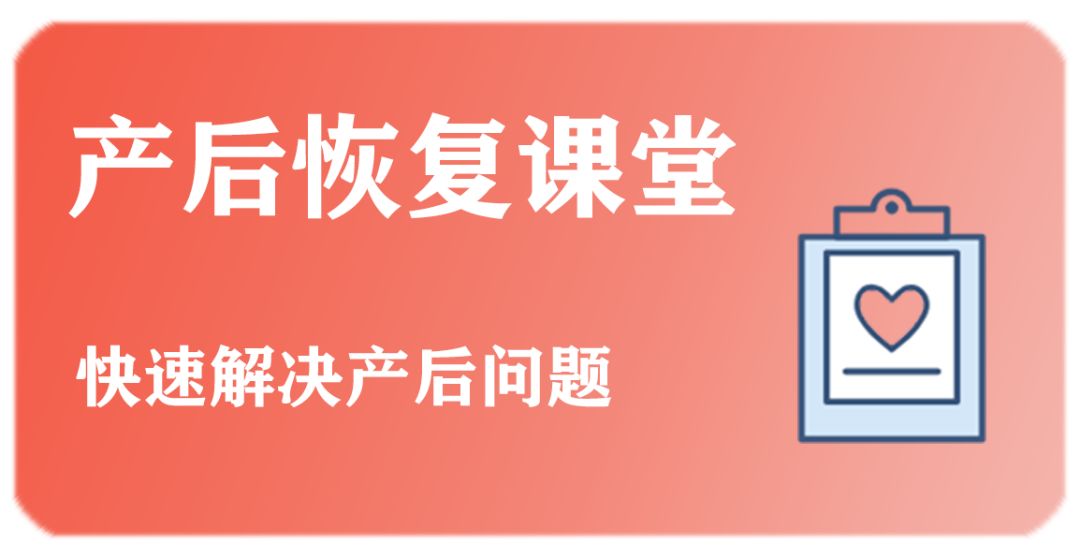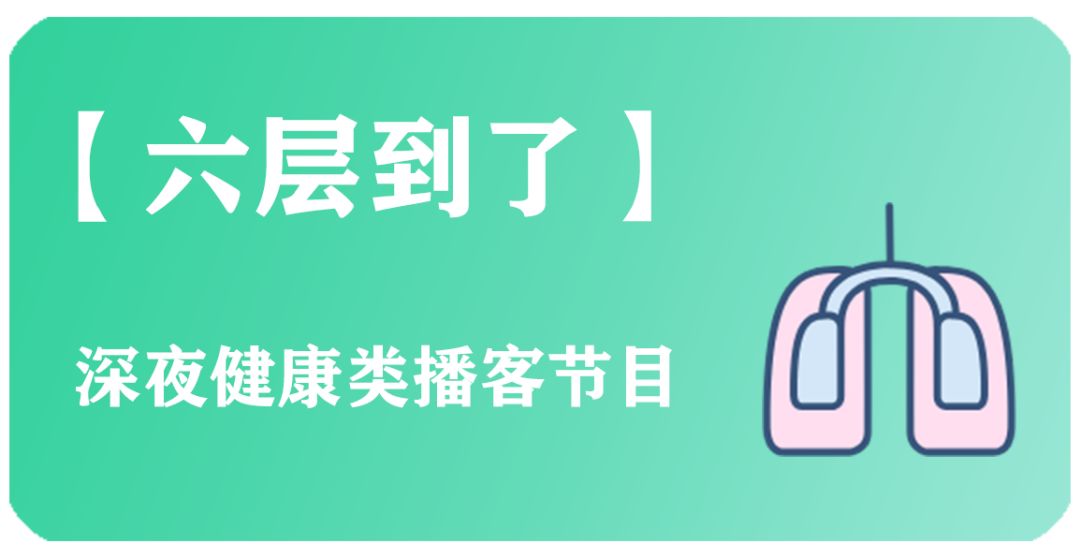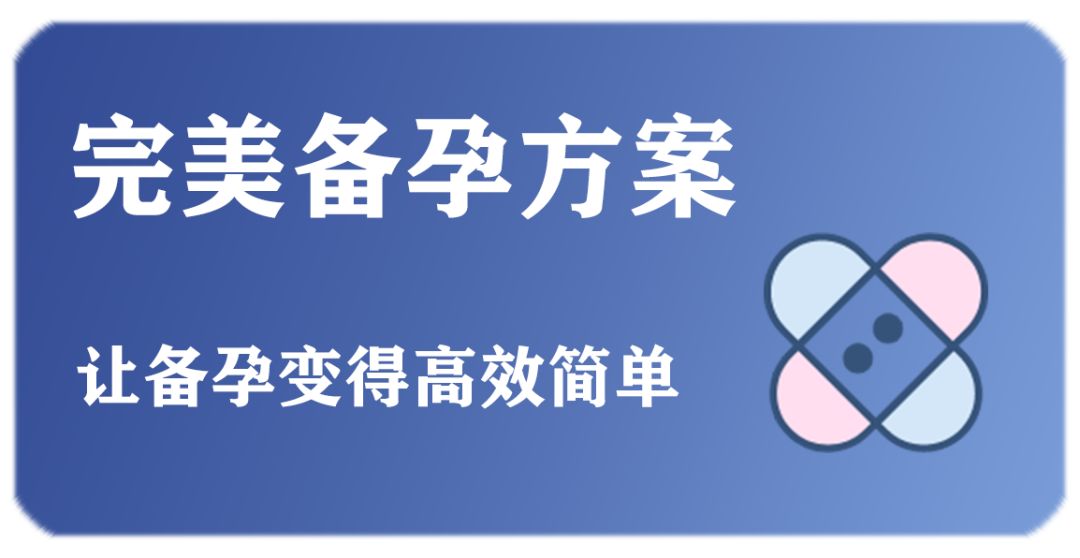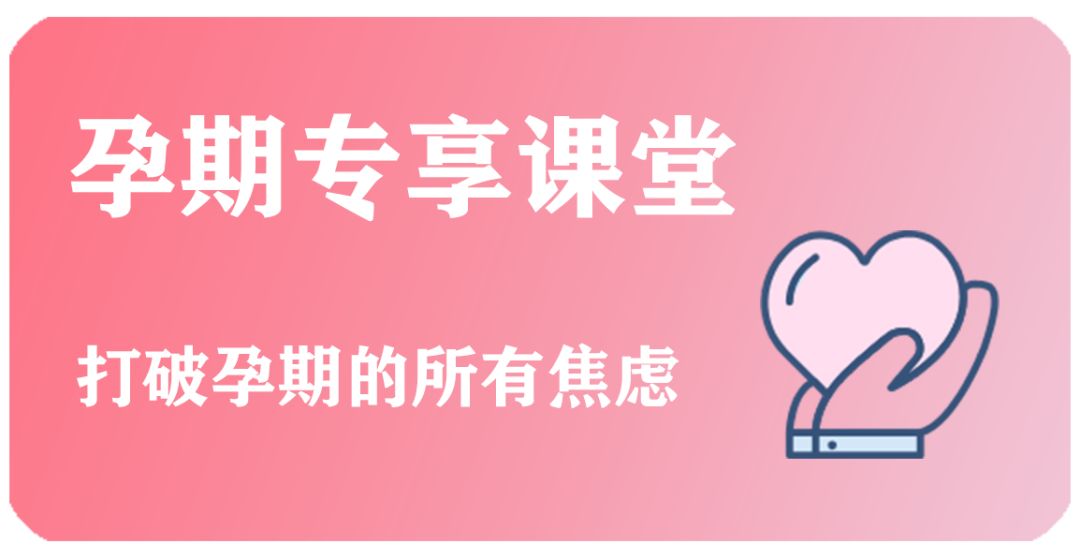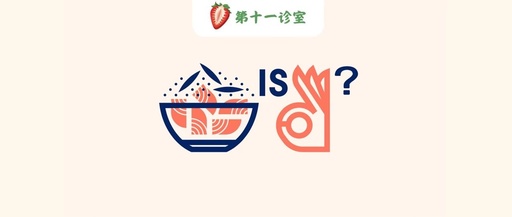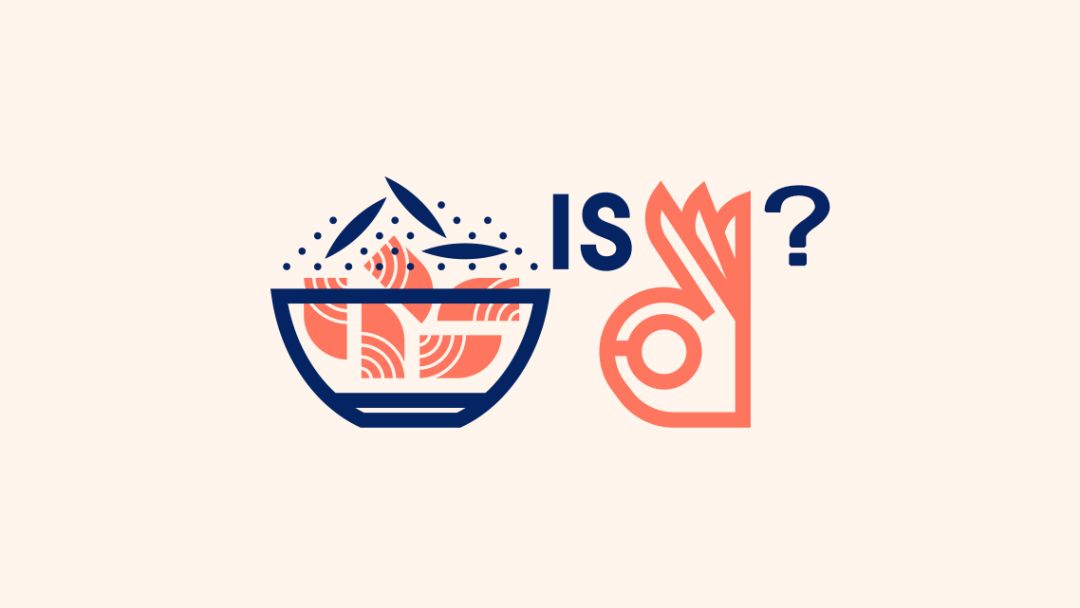
Image: Dribbble | Design: Jay Fletcher | Editor: Mu Tou Yang
Original article, please do not reprint without permission
For business cooperation, please contact: [email protected]
Reply with keywords in the public account
To see more related articles
Introduction
Friends, raise your hands and let me see, it’s already 2021, are there still people who believe that mung beans can cure all diseases?
Are there still people who rely on a plate of steamed eggplant a day to prolong their lives? Isn’t your family group and friend circle flooded with various dietary therapies and food supplements? Every morning, a flower blooms in your family group to say good morning, and in the evening, it’s “eating this common food can cure a cold without medicine”?
But dear friends, viral colds are self-limiting diseases, and even if you only drink water, you will recover in 7 days sigh.
Traditional Chinese medicine has a long history, and many aspects can be explained using modern medical theories. Most of the inherited recipes for nourishing the body with food are also beneficial.
Today we are not talking about “eating lamb when it’s cold, eating tremella when it’s dry”, but rather looking at when we should not let dietary therapy delay treatment, and not blindly believe that “as long as I eat 100 grams of this every day, my xx will be fine”.
Day after day, month after month, year after year, it’s fine to eat less, but it’s important to eat consistently. You think you are a dragon, but I find it hard to choose between jade goose and phoenix baby, auntie smiles.
In fact, the significance of dietary therapy lies in the fact that when your body has no disease, or has minor issues that have not yet developed into diseases,adjusting your diet or eating some foods you usually dislike can“set things right”, which is what we call treating disease before it occurs.
Isn’t this in line with our usual advocacy of nutritional balance and food diversification?
However, in most cases, you, the new-age Zen youth, don’t think about dietary therapy when nothing is wrong, like abandoning milk tea and sugary drinks for plain water…
Only when uncomfortable symptoms appear do you think about how to “adjust a bit”, right?
And many times, when you, who are in the late stage of procrastination, realize that something is wrong, it has actually developed into a disease, requiring medication to achieve a supplement or even a cure.
Relying solely on your life experience to supplement with dietary therapy may even delay the condition, or you may not have a problem at all, but randomly increasing the intake of certain substances may cause issues.
Chewing peanut skins to treat low platelet count?
One of Liu Hu Lu’s friends, his father eats peanut skins every day. I didn’t know about this seemingly inhumane thing (feel free to enjoy if you think chewing peanut skins is tasty), until we were chatting and eating together, and he casually mentioned, “Oh, we need to buy peanut skins again at home”. I asked, “What? Why do you eat that?” He said, “Not me, it’s my dad.”
Out of professional curiosity, I asked the old man how much he eats and why he eats it. The old man said he found purpura under his skin, look at him, so professional, he diagnosed himself with purpura! I asked Dr. Baidu, and he thought he must have low platelets, so he started eating peanut skins, and he has been eating it for three or four months, two meals a day, estimating he has eaten a small sack by now.
Listen to this old man, how tough he is! He can chew a sack of peanut skins! I was dumbfounded.
– Old man, why don’t you go to the hospital?
– I don’t want to take medicine.
– Is there anything worse than the taste of peanut skins?
He said: Isn’t food supplementation better than medication?
What a good point, I was speechless…
Of course, the old man is tough, but I’m tougher. I took a day off and brought a friend to take his dad to the hospital for a check-up. The platelet count was indeed low, about 40% below the normal line, and if not intervened in time, it would become serious.
The doctor, hearing the old man’s reasoning, was both amused and exasperated, quickly drew blood and conducted various tests, and ultimately started medication treatment, and within four weeks, the values returned to normal.
A few days ago, I saw the old man still complaining, blaming me for not saying it earlier, causing him to feel nauseous at the sight of peanuts now! What the heck? Who knew you were chewing peanut skins every day behind the scenes?
Drinking flaxseed oil to resist memory decline?
Speaking of toughness, I actually have an even tougher uncle, my mother’s brother, yes, I can tease my uncle, but I still can’t outdo him~
My uncle is one of the earliest graduates in the field of integrated Chinese and Western medicine in our country. After graduation, he didn’t engage in clinical practice, so his theoretical knowledge is a bit, how should I put it, “outdated”.
Our hospital’s endocrinologists find him a bit scary because he has his own theory for regulating blood sugar, which is a combination of “medication and food” and “integrated Chinese and Western medicine” theory. Why do I put it in quotes?
Because he strictly measures his blood sugar three to four times a day, even if the doctor tells him it’s not necessary, he insists on this self-torture; in terms of diet, he sticks to low sugar, controls carbohydrates, calculates protein and calories, and doesn’t cheat; he exercises 20,000 steps every day, running and boxing without fail, for ten years, he is definitely a good example of “controlling the mouth and moving the legs” for diabetics.
Every time he is hospitalized, his activity and control are a good example for patients in the ward, and a good benchmark for us doctors to educate diabetic friends.
However, his blood sugar has not been well controlled in recent years, why? Because he thinks he should drink flaxseed oil to resist memory decline…
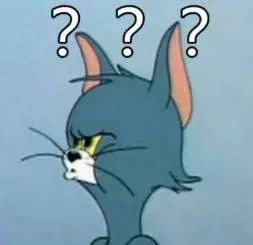
▲Image from: soogif.com
So he drinks 50g of flaxseed oil every night…
What does 50g of flaxseed oil mean? It’s equivalent to 5 taels of rice! This is my uncle, who has had diabetes for over a decade, strictly controls carbohydrate intake, actively consumes quinoa and buckwheat, which have low glycemic indices, yet every night at 8:30, he eats half a jin of rice! How ridiculous is that?
This 50g of flaxseed oil directly leads to his blood sugar still soaring under the triple control of medication, diet, and exercise, occasionally reaching 12 at midnight and 8 at night, yet he still thinks he is right, and when faced with blood sugar values, he gets angry and calls me: “Aren’t you a pharmacist? Why don’t you guide me?”
Uncle, let’s not get angry, even if you eat one more bite of meat, can you stop the flaxseed oil? Memory hasn’t improved compared to Tsinghua’s water brother, and if you don’t stop the flaxseed oil, your blood sugar will be hopeless, okay?
From the above, we can see that whether it’s dietary therapy or food supplementation, sometimes it may be a waste of effort without achieving the desired effect. Sometimes the supplementation is incorrect, and it may even affect some chronic diseases.
Of course, a balanced diet can bring many benefits, and consciously supplementing certain foods can also nip problems caused by nutrient deficiencies in the bud.
What nutrients can we obtain from ordinary foods?
This question is quite broad, let me explain it one by one.
For vitamins, except for vitamin D, which most people need to supplement, all other vitamins can basically be found in food.
-
If you often stay up late or face the computer
You can choose foods rich in vitamin A and vitamin B2, such as egg yolks, liver, and green plants.
-
If you are often in a high-intensity or stressful state
You can choose foods rich in vitamin B5 and B12, such as meat, eggs, and dairy.
-
If you maintain dental hygiene and have no other oral issues, but occasionally experience gum bleeding without other symptoms
Then it may be a warning sign from vitamin C and vitamin P, and eating more foods like bell peppers, broccoli, and kiwis may improve the situation after a while.
Indeed, all foods are nutritious, and different foods have different nutritional components, but if there are existing diseases, or material deficiencies caused by pathological conditions, then treatment must be targeted and symptomatic, and relying solely on dietary supplementation is insufficient.
Having been in clinical practice for a long time, I have encountered all kinds of situations. For example, with beriberi, relying on my knowledge and asking neighbors and online friends, I know it’s due to a deficiency of something, so I eat whole wheat bread every day, three meals a day, for several months, looking at black bread makes me shudder… but actually, we could have just taken a B-complex vitamin, and it would have improved in a few days.
How much do you need to supplement to reach a therapeutic dose? Once it has developed into a disease, why not take a good look?
For a few dollars a month, you can cure it, but you think “all medicine is poison” and refuse to take medicine; for example, with iron-deficiency anemia, switching to an iron pot, drinking pig blood… indeed, these can provide some iron, but while supplementing some iron, isn’t it better to “treat” first and then “supplement”?
Even more unreliable, the purpose of “dietary supplementation” is to cure hypertension, coronary heart disease, or prevent tumors, and spreading their fallacies to others, we must say here that these are not reliable.
Usually, maintain a balanced diet, set aside some time for exercise, read reliable science popularization, treat illnesses early, don’t believe rumors, and avoid paying the intelligence tax.
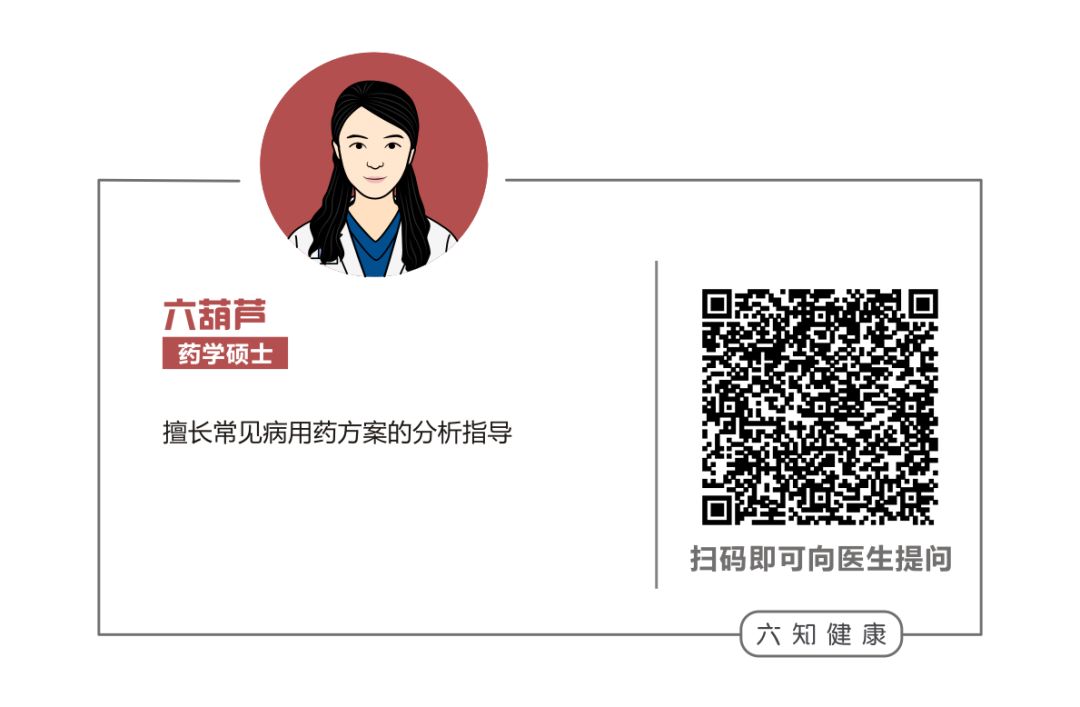
End
Returning to the question in the title, can eating cure diseases? If you are full, it can cure diseases; if you are satisfied, it can cure diseases, if hunger and craving are considered diseases…
In fact, what I want to say today is that when a disease has not developed, paying attention to a balanced diet and supplementing vitamins as needed is reasonable, but when problems develop into diseases, the efficiency of medication treatment is significantly higher than “dietary supplementation”, saving time, effort, and worry, why not?
Returning to the title, so what happened to those who insisted on relying on “dietary therapy” for healing?
What else could happen? In the end, they still went to the hospital.
Isn’t this beautiful article worth a like?
Share it to benefit those around you~
Good morning, I love this world.
-Recommended Reading-

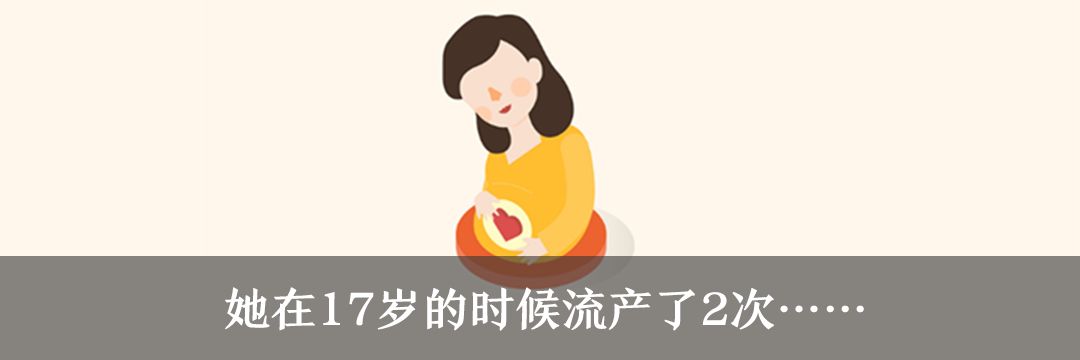
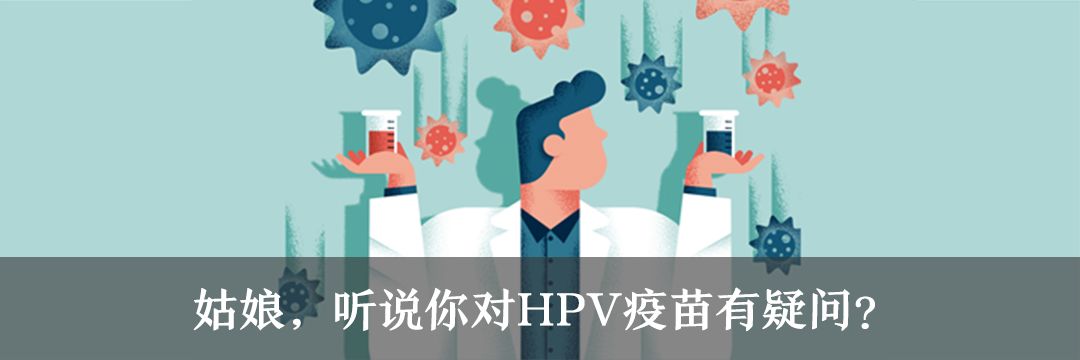
-More Services-
